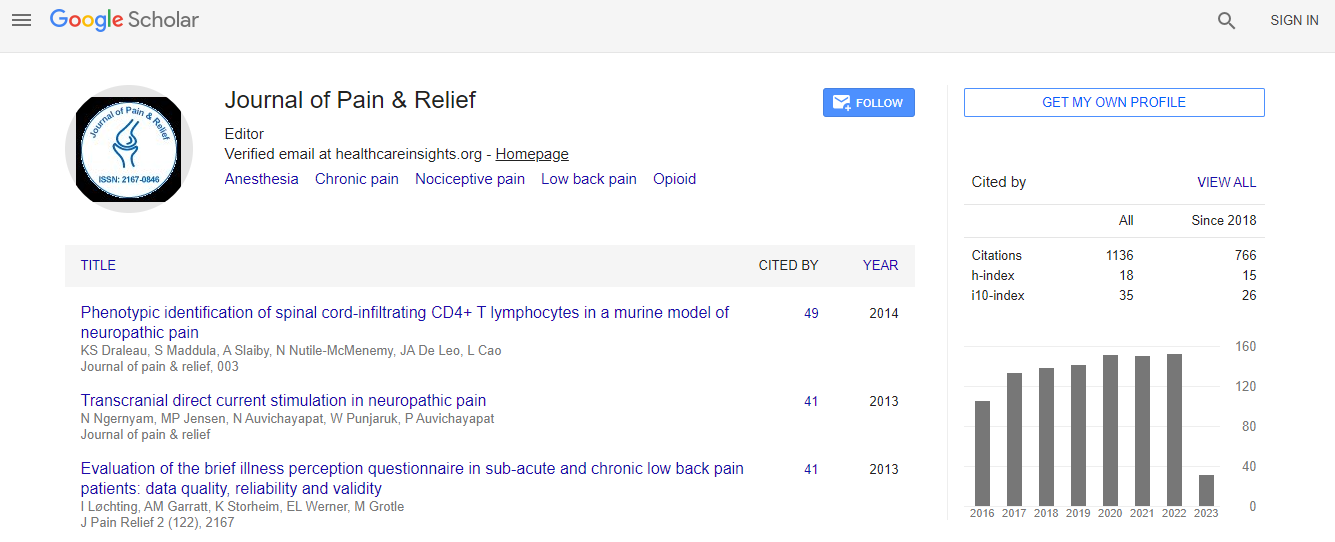Research Article
A Clinical Study of Trigeminal Neuralgia with Incredible Pain, Satisfaction with Quality Pain Management
| Shohda Khatun1*, Mozammal Hossain2, Rajan Karmakar3, M Assaduzzaman4 and Al Mamoon Ferdousi5 | |
| 1Senior Consultant, Faculty of Dentistry, Department of Oral & Maxillofacial Surgery, Bangabandhu Sheikh Mujib Medical University, Dhaka, Bangladesh | |
| 2Assistant Professor, Faculty of Dentistry, Department of Conservative Dentistry & Endodontics, Bangabandhu Sheikh Mujib Medical University, Dhaka, Bangladesh | |
| 3Assistant Professor, Oral and Maxillofacial Surgery, Bangladesh Dental College, Dhaka, Bangladesh | |
| 4Research Assistant, Faculty of Dentistry, Department of Oral & Maxillofacial Surgery, Bangabandhu Sheikh Mujib Medical University, Dhaka, Bangladesh | |
| 5Faculty of Dentistry, Formerly Professor of Oral and Maxillofacial Surgery, Bangabandhu Sheikh mujib Medical University, Dhaka, Bangladesh | |
| Corresponding Author : | Shohda Khatun Senior Consultant, Faculty of Dentistry Department of Oral and Maxillofacial Surgery Bangabandhu Sheikh Mujib Medical University Dhaka, Bangladesh E-mail: nazmus_sakib70@yahoo.com |
| Received April 20, 2013; Accepted May 27, 2013; Published May 29, 2013 | |
| Citation: Khatun S, Hossain M, Karmakar R, Assaduzzaman M, Ferdousi AM (2013) A Clinical Study of Trigeminal Neuralgia with Incredible Pain, Satisfaction with Quality Pain Management. J Pain Relief S3:002. doi: 10.4172/2167-0846.S3-002 | |
| Copyright: © 2013 Khatun S, et al. This is an open-access article distributed under the terms of the Creative Commons Attribution License, which permits unrestricted use, distribution, and reproduction in any medium, provided the original author and source are credited. | |
Abstract
This is a prospective analytical study of 164 trigeminal neuralgic pain patients. The study was undertaken in order to determine whether bupivacaine hydrochloride prevent TN pain and reduce the relapse of trigeminal neuralgic pain. The patient was selected who were previously received alcohol block, Carbamazepine, Cryosurgery, or Peripheral Neurectomy in different clinics, after relapse in 6-8 months with same intensity of pain. Those patients were referred to department of oral and maxillofacial surgery, Bangabandu Sheikh Mujib medical university Shahabag Dhaka Bangladesh between the years 2008-2010 were included in this study. The affected nerve was blocked with 1.5 ml to 10 ml of 0.5% bupivacaine HCl according to severity of pain. Patient’s visual analogue scores (VAS) Verbal rating scale (VRS) were recorded on 1st day 3rd day, 7th day, 15th day. There was a significant difference between 1st day medicament and 15th day medicament of value VAS. 1st day value was 83.10 ± 6.06, at 3rd days was 39.60 ± 7.86, at 7th days was 16.25 ± 6.46 and at 15th days was 3.30 ± 3.19. It can be concluded that administration of 0.5% bupivacaine HCl nerve block at regular interval in different dose can be considered as alternative method to prevent TN pain and frequent relapse in treatment of Trigeminal neuralgia.

 Spanish
Spanish  Chinese
Chinese  Russian
Russian  German
German  French
French  Japanese
Japanese  Portuguese
Portuguese  Hindi
Hindi 
